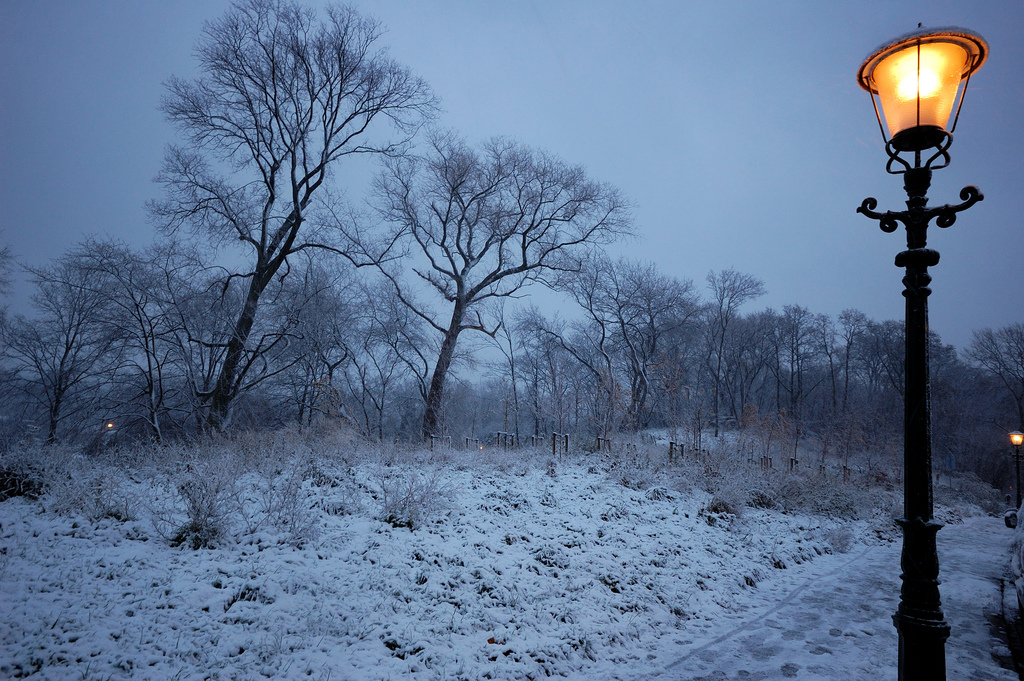Thanks for giving a one-time gift HERE.
Giving is Fast. Easy. And doing it makes you feel SO good.
Today, my guest is anam cara (soul friend), Tara Owens, of Anam Cara Ministries.
Tara’s ministry exists to provide a place dedicated to the practice of soul friendship and coming alongside others in order to facilitate healing, wholeness, holiness and spiritual formation.
• We cover topics about embodiment, sexuality, sensuality, body shame, body and brain disconnect, fear, technology, the vow of “staying with”, spiritual direction, holy listening and attending to others, and using an adult coloring book as a spiritual practice.
• SCROLL DOWN and click the AUDIO PLAYER to listen and to view Show Notes! 
• To support what I am doing on monthly basis, at just $1 (or more), just CLICK HERE.
• Sponsor at $9.99 and get this awesome inner circle REWARD travel coffee mug and no SHIPPING costs.
– Click here to get all the details.

AUDIO PLAYER
Podcast: Play in new window | Download (Duration: 48:04 — 66.0MB) | Embed
Subscribe to Spark My Muse Apple Podcasts | Spotify | Email | TuneIn | RSS | Subscribe to Spark My Muse
SHOW NOTES:
TARA OWENS
MIN 2:00
Conversations Journal – Spiritual Formation
4:00
In direction you receive the full attention of someone.
Holy listening and focused fully loving attention and being entirely listened to.
A long loving look at the real together.
5:30
Do homework to find a director that has the training to truly attend during your sessions.
The holy ground of the soul. Sacred space.
8:30
Who are the typical people who come for direction?
10:00
Working with Millenials
11:30
Crisis points in faith and needing a director.
Sexuality and Spiritual Formation
Embracing the Body: Finding God in our Flesh and Bones
part I Fears around the Body (we are our body)
part II Theology about the Body
part III Integrating our Body (shalom and the body)
God speaks to us in and through our body
[ictt-tweet-inline via=””]-[Mistakenly] We relate to ourselves as “brains on sticks” -[/ictt-tweet-inline]
Our beliefs about God come to supersede our experiences of God
15:30
We can be taught that the body is the entry point of danger and sin. (Lisa) This is the opposite of true.
Male and Female bodies and brains.
[ictt-tweet-inline via=””]“Shame disintegrates us.”[/ictt-tweet-inline]
(we are separated from ourselves.)
“Our bodies can’t lie.”
MIN 18
[ictt-tweet-inline via=””]“Our bodies will tell us what we believe.”[/ictt-tweet-inline]
MIN 20 The brain and body disconnect. The silos we create.
MIN 21:30
Genesis 12
Vision and a word.
The fully-sensual nature and wholeness of being human and spiritual.
24:30
A walk being spiritual.
26:00
The Emmaus Walk and Prayer Walk
and other practices
Practicing really breathing
Attending to the “ruach” of God (Hebrew for breath)
We usually breath with just 20% of our lungs.
Blessing their body.
MIN 28:00
Body shame and self-loathing
[ictt-tweet-inline via=””]“Being willing to look at yourself with kind eyes”[/ictt-tweet-inline]
we participate in a degradation of our bodies and seeing what is wrong.
[ictt-tweet-inline via=””]We are conduits of God’s blessing.[/ictt-tweet-inline]
Bernard of Clairvaux
We are not a canal but a reservoir – give out of overflow after we have received from God
31:00
The truth about Selfies
[ictt-tweet-inline via=””][Selfies are] not vanity but a mask and fear.[/ictt-tweet-inline]
33:30
It is not good for humans to be alone.
35:00
Staying connected with people once it gets messy.
37:30
The tool of technology.
Skills for connection if you have gaps.
The vows of “staying with” and not leaving when it gets hard.
The discipline of stability.
39:00
The challenge of Embodiment.
Liturgy should involve: God, creation, and other people.
Communion is a tangible way to be physical and incarnate. (meals together)
No more tiny bits of Jesus.
43:30
Tara’s latest project:
At Play in God’s Creation:
Contemplative Prayer Coloring Book
96 pages!
anamcaraministries
TWITTER:
anamcaraTO
Thanks for listening.
Please enjoy some of the other recent episodes!
Pick a subscription option!







